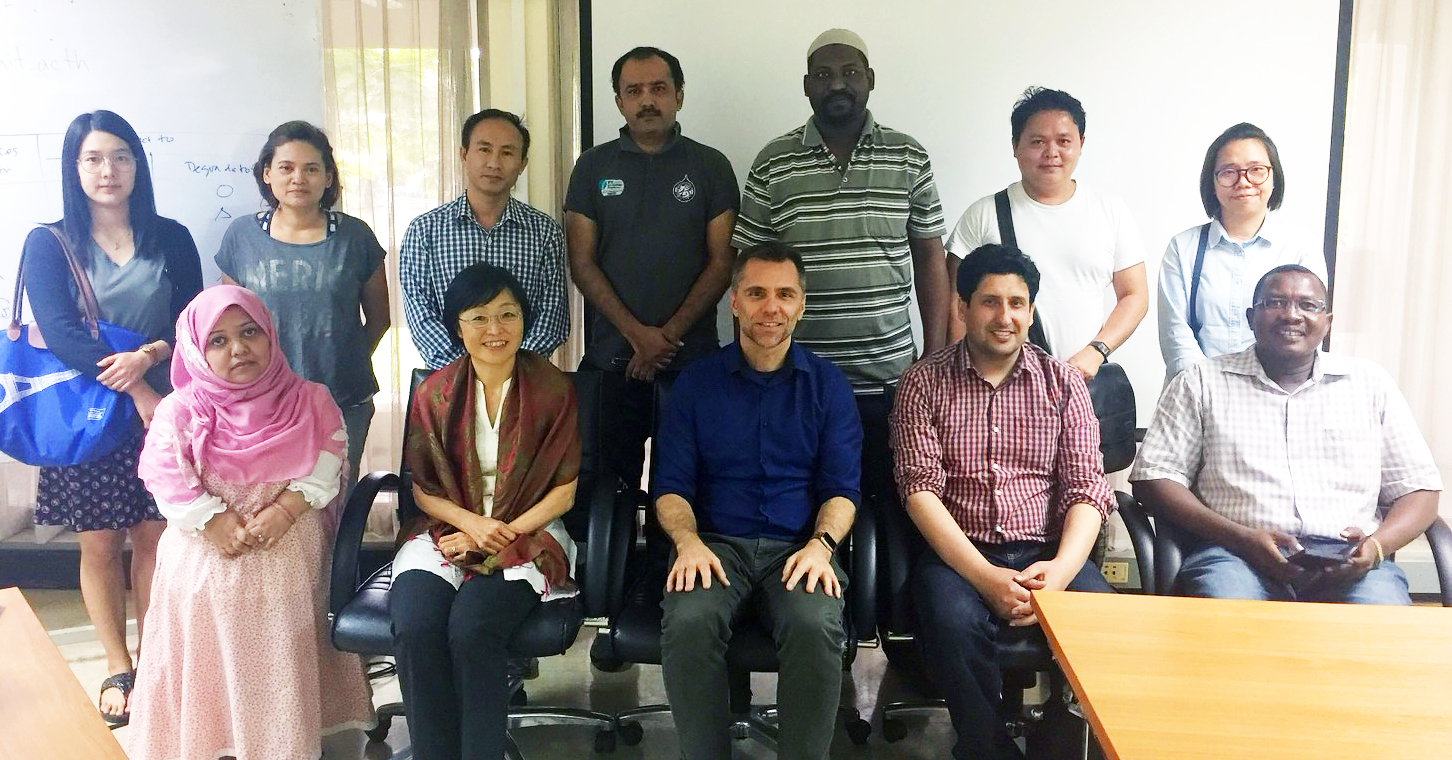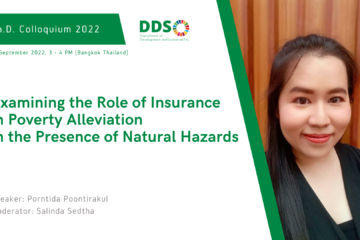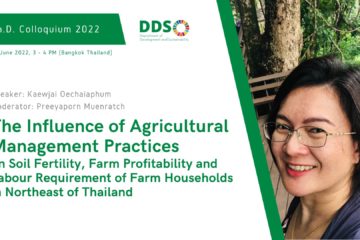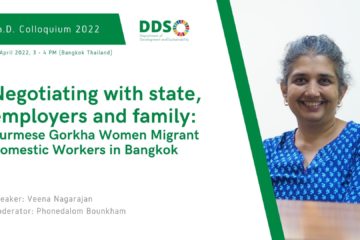PhD Colloquium for April 2018

Title: Exploring the influence of Family level and Socio-demographic Factors on Women’s Decision – making Ability over access to Reproductive Health Care Services in Balkh Province, Afghanistan.
Presenter: Mr. Farid Ahmad Safi/GDS
Moderator: Mr. Elfadil Mohammed Mahmoud/DPMM
Date: Monday, 30th April 2018
Time: 15:00-16:00 hrs.
Venue S201 (NRM Workshop Room)
The Department of Development and Sustainability (DDS)/SERD organized a PhD colloquium for PhD students on 30 April 2018, as a monthly regular event of the Department. The main objectives of this forum are to bring together bright research minds to share thoughts, exchange ideas, showcase, research findings on live discussion forum. Also, to build the network between the students. Almost 10 doctoral students from different academic programs and two faculty members namely, Prof Kyoko Kusakabe (Head of Department DDS) and Dr. Philippe Doneys/GDS attended in the discussion. Mr. Elfadil Mohammed Mahmoud welcomed all participants and introduced the Presenter Ms. Farid Ahmad Safi, PhD student /GDS.

Mr. Farid Ahmad Safi, presenter of the event, briefly explained the concept of his PhD research on the topic “Exploring the influence of Family level and Socio-demographic Factors on Women’s Decision – making Ability over access to Reproductive Health Care Services in Balkh Province, Afghanistan.”. This study analyzes the family level and socio- demographic factors affecting women’s decision over access to reproductive health care services in rural communities of Balkh province, Afghanistan. Researcher collected the data through structured questionnaire survey, in -depth interviews, focus group discussions and semi- structed interviews with key informants. Binary multivariate logistic regression analysis was used, the estimated effects of the factors influencing women’s ability of decision-making over access to RHCS were computed.
The study finding suggested that four out of seven variables significantly influenced women’s decision-making ability over access to RHCS. These included extended family structure, husbands accompanying their wives to RHCS, discussing issues related to reproductive health with partner and distance from home to a health facility. The qualitative findings confirm that in rural Afagan society, roles and responsibilities prescribed to men as household heads give them the authority over intra-household’s decisions, including access to RHCS services. Furthermore, respondents they mentioned about being accompanied to a health facility by their husband or available members of their family. Therefore, some policies or programs designed to improve husband-wife communication, in particular fostering discussions related to reproductive health and encouraging husbands to accompany their wives to health centres, are recommended to improve women’s decision-making ability over access to RHCS.
According to timeline many useful discussions were conducted by the moderator, participants raised several questions related to reproductive health services as one of the basic services to be provided by the government and health partners and to be clearly addressed in health policies and strategy. The next PhD colloquium will be announced soon by Department of Development and Suitability.



0 Comments